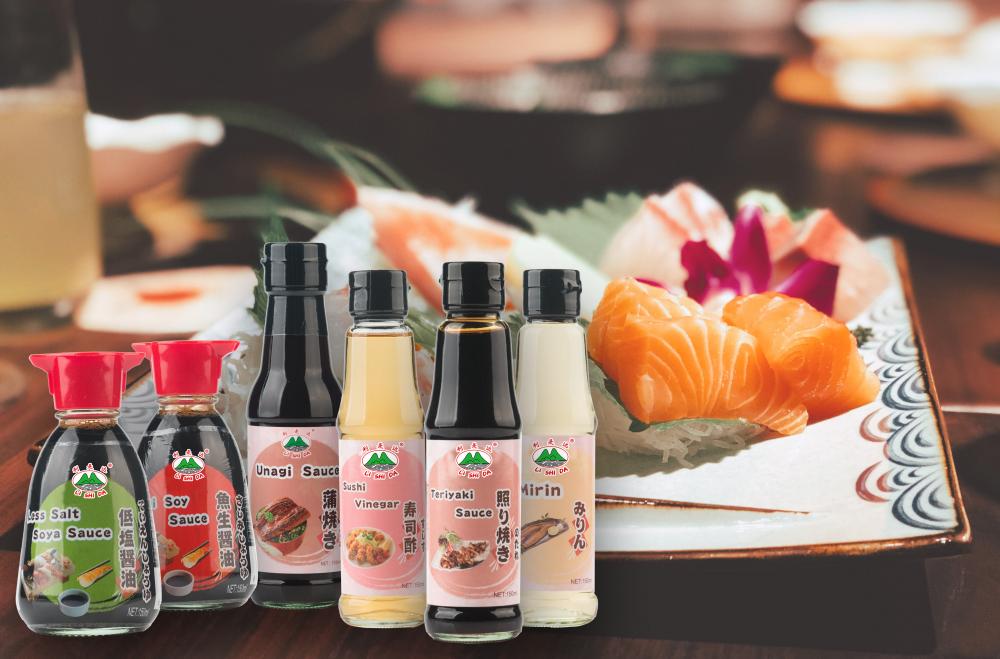The wide application of various vaccines has played a certain role in preventing the occurrence of infectious diseases of livestock and poultry and protecting the development of animal husbandry. However, if the disease (bacteria) seedlings are not properly kept or used, they will not only fail to have the necessary immune effects, and even lead to the occurrence and epidemic of infectious diseases, causing undue economic losses.
1. Learn more about the transportation and storage of the bacillus (vegetative) seedlings. The liquid seedlings that have been exposed to prolonged sunlight, those that have been exposed to high temperatures, such as epiphyte (bacteria) seedlings and molds, and frozen aluminum hydroxide seedlings, cannot be used.
2. Carefully read the instruction manual carefully before use, carefully inspect the vaccine bottle and the label. When the disease (bacteria) seedling bottle breaks, the diseased (bacteria) seedlings that have no label, no inspection number, and have passed the validity period shall not be used.
3. When liquid seedlings are used, they must be fully shaken and mixed, but they should not be forced too much to prevent bubbles. When using freeze-dried seedlings, it should be diluted as specified and shaken thoroughly. After freeze-dried seedlings are diluted, they are best kept in a thermos bottle or in a cool, dark place. They should be used up within the specified time. If no time is specified on the instructions, it should be used up on the day after dilution. Unused seedlings should be properly disposed of.
4. Vacuum level should also be checked when using freeze-dried seedlings. If the syringe pierces the stopper, the diluent can enter quickly and automatically, indicating a high degree of vacuum. Conversely, if you push the diluent with a large resistance, it means that you have lost it. When the bottle is opened and diluted with a stopper, it is difficult to pull out the rubber plug and emit a crisp blasting sound, indicating that the vacuum degree is high, otherwise it has become empty. Vacancy vaccines cannot generally be used.
5. In order to prevent contamination of foreign material and foreign bodies, it is generally not advisable to open the cap of the vaccine when using it. Disinfect the cap with an alcohol swab and dilute it. In order to prevent the spread of virus and bacteria from inoculating the virus (inoculated) seedlings, in the process of inoculating the live seedlings, an alcohol sponge shall be put on the needle when sucking the air out of the needle after the seedlings are inoculated. Contaminated alcohol tampon, vaccinia (bacteria) seedling bottles and the remaining liquid must be sterilized by high pressure or boiled, and can also be buried deeply.
6. When using the vaccine, follow the instructions. The use of seedlings must be accurate, the injection of the injection, the drinking of the drinking water, the mixed feeding of the mixed feed, and the mist of the aerosol. In the process of using the seedlings as far as possible to achieve 4 standards: the type of vaccine is accurate, with seedlings quasi-qualitative, dilution quasi-precision, with seedlings dose standard.
7. Strictly sterilize syringes, needles, diluents, and injection sites. During the injection process, each inoculation or use of a certain number of heads, to replace the inoculator and needle.
8. Be aware of the local livestock and poultry health before injection. If the chickens in the vicinity are catching a certain infectious disease or the chickens in need of immunity have shown sporadic clinical symptoms of a certain infectious disease, it should be considered whether to take a large dose of emergency immunization or whether the drug treatment will return to health before re-inoculation. In general, vaccination is not carried out during the epidemic. When the proportion of frailty and sickness in the herd is relatively large, it is not appropriate to prevent vaccination, because in this case vaccination, the immunity weakens accordingly and cannot achieve the intended purpose.
9. After immunization, close observation of the physiological response of livestock and flock. Generally, in the short period after inoculation, the livestock and poultry will experience slight reaction such as slight decrease in production performance and decrease in intake and drinking water. If there are other serious reactions, it is necessary to promptly identify the reasons and take appropriate measures.
10. In order to provide strong immunity to inoculated livestock and poultry, within 2 weeks before and after the vaccination, attention should be paid to feeding and management of livestock and poultry increased by 3-5% protein feed in the diet, in order to help improve the immune level of livestock and poultry. Enhance immunity.
In order to satisfy people's need,now we develop Japanese Sauce,includes Sushi Sauce,Sashimi Sauce, Unagi Sauce ,Teriyaki Sauce,Sushi Vinegar,Mirin Sauce and so on.We select non-GMO soybeans,wheat,sugar and other high quality ingredients,and adhere to brew in traditional process.

Welcome to contact us for cooperation!
Japanese Soy Sauce,Sushi Soy Sauce,Sashimi Soy Sauce,Unagi Sauce,Teriyaki Sauce,Sushi Vinegar
KAIPING CITY LISHIDA FLAVOURING&FOOD CO.,LTD , https://www.lishidafood.com